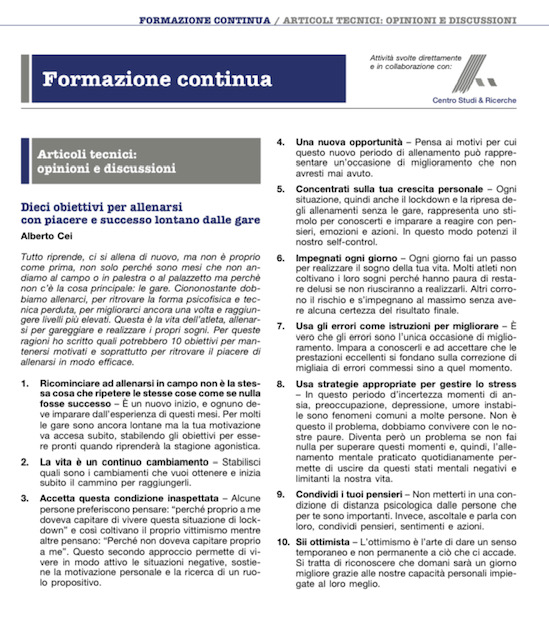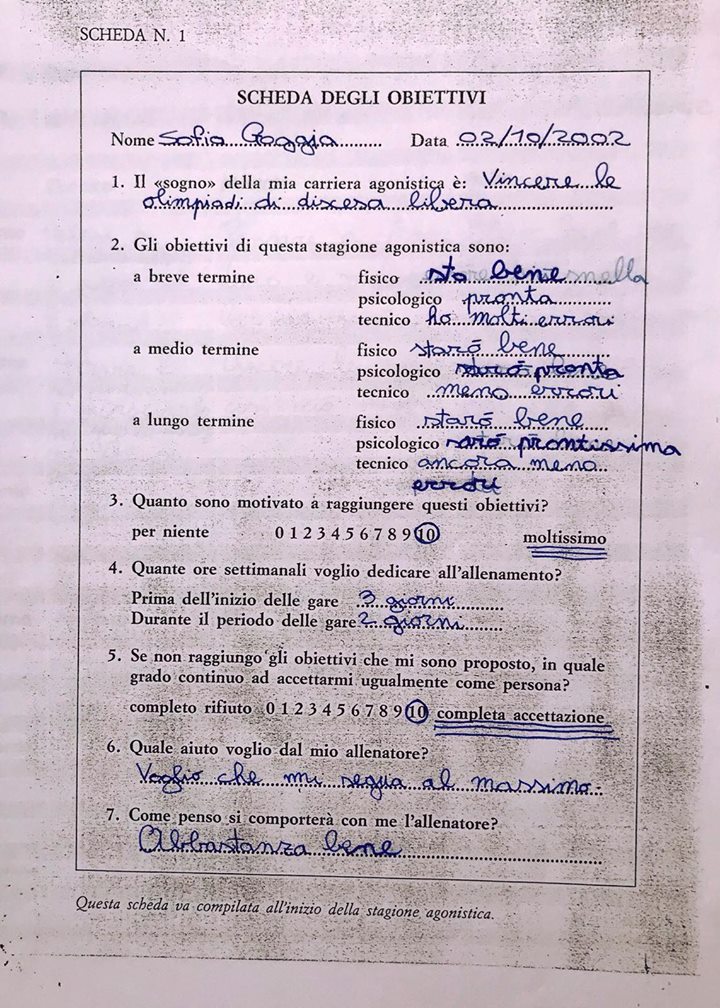I want to continue the reasoning of yesterday’s blog on the importance of the relationship among soccer players, emphasizing that this is the basis of cohesion. In fact, the interpretation of events by group members, especially the evaluation of negative ones, is influenced by the degree of cohesion. If the group shows a poor level of cohesion, individual players tend to blame other team members for what happened. On the other hand, if, on the other hand, the team is united the players tend to be more objective in their evaluations and more readily admit their share of responsibility.
It is clear from what has been illustrated that team performance is more effective if there is agreement on goals and the means to achieve them. This finding is also present in the very definition of cohesion, understood as a dynamic process that reflects a group’s tendency to stick together and remain united in pursuit of its goals. One of the most frequent problems that arise is that sometimes the goals the team has set for itself do not match those chosen by the club. In sports it happens, for example, that players’ goals may diverge from those of their club, and coaches find themselves in the position of having to find effective ways of communicating to reconcile these differing needs.
It is indeed necessary for the members of a team to identify with the goals of the sports club in order to provide optimal performance as a team. To approach this problem, reference can be made to the system used 70 years ago by Kurt Lewin during World War II and reported by Forsith [1983] in a study of group change dynamics. Because of the lack of veal, the National Research Council asked Lewin to develop a strategy to change the eating habits of the population. A short period of time was given to persuade housewives to serve quickly prepared but less desirable dishes for families. Lewin devised a strategy based on two different approaches.
In the first, groups of housewives attended conferences in which the nutritional benefits of the new diet were explained to them within a discourse that included appeals to patriotism. In this situation, no form of interaction between the participants was provided. Instead, in the second approach, moments of discussion on the same topics addressed by the lecture were introduced. Participants were stimulated to agree on at least one issue.
Lewin later verified that only 3 percent of the housewives who had participated in the first situation had changed their eating habits, in contrast this figure rose to 32 percent among those who had participated in the interactive situation. Lewin verified the validity of this interactive group approach in relation to other problem situations as well, concluding that it is easier to change individuals when they are united as a group than to act on them individually.
From these results, therefore, it can be concluded that although various approaches can be used to convince individuals of the goodness of the chosen goals, an approach centered on group enhancement will certainly be very effective. In this way, a positive relationship is built between individual motivation and commitment, leading to effective performance and a consequent positive perception of the value of individual contribution to collective work.










